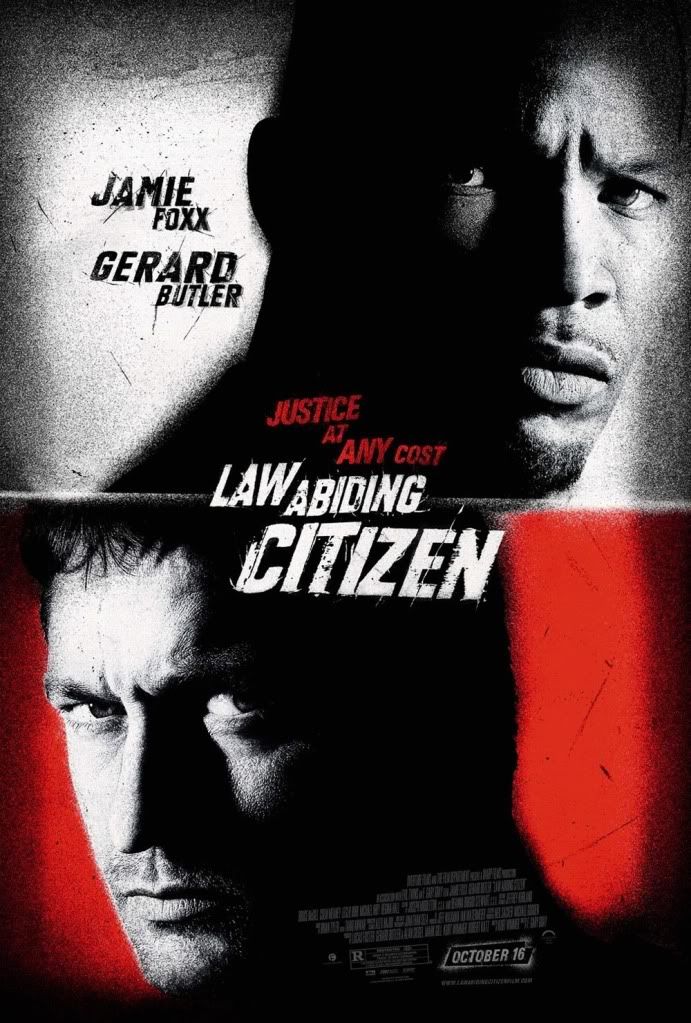It’s Hebrew for “pause and consider.” In case you haven’t noticed, some of my recent posts here have been concerned with things other than fancies about dragons, review of movies or ruminations on the written word. I’m entering a period of my life that feels transitionary, and rather than simply get shoved around by circumstances, I’ve been trying to find ways to forge my own path through the storm, to wrest some sort of order out of the chaos, even if it’s a matter of “too little too late.”
I haven’t been all that effective as yet, so it’s time to pause and consider.
I’m pausing to consider just who the hell I think I am.
Writer
I’ve been published two and two-half times.
Yes, I know, that makes three, but what’d you expect? I’m an English major, not a mathlete.
My first real short story, the first one that had teeth and weight and actually meant something on its own without relying on being fanfiction or entirely derivative, found a place in a horror anthology. One of the pitches I sent towards the Escapist landed in the editor’s mitt and bam, I got paid for being a nerd. Huzzah!
I’ve contributed as a writer to others’ projects twice so far, and while my part in Maschien Zeit was far less than half since my only contribution to the game’s actual design was in playtesting, the amount to which I put myself into the other collaboration makes up for it.
So, on average, so far I’ve gotten published once a decade.
Considering some poor slobs never get published at all, that’s not too shabby.
Blogger

This blog is about change.
I know that I post about some scattershot things at times, it might seem. But the process of alchemy is a process of change. Every day I encounter something that I thought worked but doesn’t, or I find a part of my life isn’t what it was yesterday, or there’s something new to see… it’s all about change.
Even ICFN deals with change. I’ve changed formats, microphones, ways to get the audience involved. And watching a movie can change you, even if it’s just a moment of introspection or dire sorrow or jumping for joy. A good story does that, and a bad story should. I examine the whys and wherefores, and yes, sometimes I parrot some of the ramblings of other critics, but we all had to start somewhere.
If you’re still around after some of my more amateur stabs at being a critic, thank you.
Selah.
Editor
Criticisms are editorials. By looking at works like movies, books and games from the stance of a critic rather than a rank-and-file audience member, I see what changed since the last attempt at that style of story, what could change to make it better, And if I were to go into said story with those changes in mind?
I’d be editing.
I don’t have formal, on-the-job, business-and-resume-friendly training for it. I’m not going to get huge piles of cash shoveled in my direction for it. But it’s a skill I feel I need to cultivate. The better I get at editing, the higher the probability that whatever I end up submitting to a magazine, anthology, agent or Kindle store won’t be an absolute pile of dogshit.
It’s also closer to writing than programming is.
Programmer

I may have given the impression in a previous post that I’ve fallen out of love with programming. That isn’t the case. What gets my alchemist’s robes in a knot is reactionary programming. Bug fixes. Code rot. Sudden new demands made by folks who think a swish and flick is all that’s needed while a programmer says ‘pagerankium leviosa!’ to make their business the next smash hit on Google.
And yes, it’s lev-i-OH-sah, not lev-i-oh-SAH.
I know it’s part and parcel of most programming jobs when they’re being handled by a development department or a design shop, but I’ve gotten to a point in my life that I shouldn’t have to shrug my shoulders and accept a situation as given or unchangeable. Remember, this is all about change. Hopefully, most of that change will be for the better. Some things will work, others won’t. And there will be times you don’t know how effective a change is going to be until some time after the change is made. But the important thing is not the mistake in and of itself.
It’s what we learn from the mistake, and how we move forward and past it, that matters.
Selah.
Slacker
Nobody’s perfect.
I’m not going to pretend that there’s anything positive about my lethargy. I’m a sponge for media. I consume books, drink films, inhale the fumes of gaming and exhale a thousand tiny ideas that evaporate before my eyes. I accomplish nothing of value while I do this.
Except for learning about what’s out there already. Who’s already playing in my sandbox? Do I find merit in what’s been done? Do I think I can do better? How would I approach X or portray Y?
It doesn’t even happen, necessarily, as I’m soaking in whatever it is that’s drowning out the doldrums of the day. It can strike me later, in bed or in transit or over a bowl of Shreddies. That experience was awesome. That line sounded forced. That plot point made no sense. Those characters shouldn’t have behaved in that manner based on what we know. That reveal corrects that previous mistake or answers a hanging question, but what about that other thing, and what happens now?
A body at rest remains at rest but the mind might not necessarily be resting.
Ergo Sum

‘Therefore I am.’ I can’t think of a better way to sum up the preceding. I know it’s been ramblier than usual and some of it might not make a whole lot of sense to everybody. The thing is, though, it doesn’t necessarily have to make sense.
We often don’t understand what happens to us and those around us as it happens. We can grasp the basics of the situation, draw from previous experience and education, and act accordingly. It’s only in the aftermath that we piece things together, make connections, really understand those events. And that only happens if we take the time to pause, and consider.
Days may come when you feel overwhelmed. Things seem out of control. The world is simply moving too fast, or maybe it isn’t moving fast enough. Our impulse can be to speed up, to react more quickly, to make snap decisions – to panic. I do it. I’ll probably do it again.
It doesn’t have to be that way, though. If we stop and think, just for a moment, things change. When we pause and consider, the situation clarifies. The storm calms. We regain our grasp of who we are, look across the Shadow to who we want to be, and when the moment is right, we catch a glimpse of the elusive path between the now and the what could be.
Pause, and consider.
Selah.








